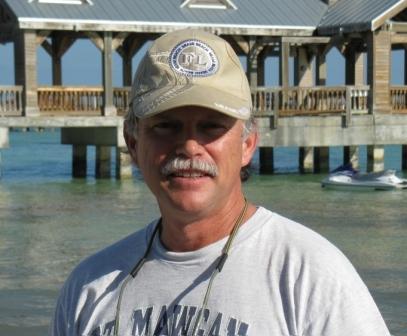The other day I overheard an Air Force Staff Sergeant tell a civilian the following:
SS: “I wrote to my congressman and told him that all the civilians should be sent home. You guys get paid too much”.
Civ: “I’m here because I want to be here. I like my job. You can apply for a civilian job when you get back”.
SS: “I like my family too much to do that to them”.
That exchange got me to thinking… what would happen if all the civilians were sent home? How would the dynamics change at Bagram? How would that affect the military in the long run or the short run?
Most of the civilians live in B-huts, Relocatable Buildings (RLB’s), or tents. Some civilians live in connex containers and a very few of them live in block barracks. The civilians living in block barracks generally work for the Air Force.
Most of the military live in tents (really big tents) or B-huts. Some of the military live in RLB’s or block barracks. The majority of the military in RLB’s or block barracks are Air Force.
So, living conditions for the military and civilians are on par (except if you are Army , Marine, or Navy).
Civilians are generally here longer and provide continuity when the military leave BAF (I arrived here 28 August 2007). Not all civilians have health coverage on BAF and must leave for simple things like a tooth filling.
Most of the time, civilian pay is based on US laws and computations. We do not generally get to negotiate our salaries (although, some of us have that luxury).
Most of us have families and the reason we are here are varied. Again, for the most part, we are here to make money to support our families. I know a 63 year old man that drives trucks outside the wire. He is here to send his grand kids through college. A few husband & wife teams are here to: pay for their house, pay down their bills, pay off credit cards, save money for their kids educations, or just for the pleasure of serving their country in a different fashion. I know a woman who is here just for the experiences to put on her resume (another "ticket punch") - in the hopes of getting her dream job when she leaves.
So, there are many jobs to be done by civilians. Some of those jobs done by civilians include, but are not limited to:
Cleaning toilets, removing sewage from the Port-o-potties, collecting and disposing of gray water, burning the garbage, picking up garbage and trash, sweeping the runway and keeping it clean of snow/FOD, food preparation, kitchen duty, mail handling, mail delivery to the FOB’s and PRT’s and other bases, passenger terminal control, construction, mass transportation, ID card issue at ECP1, water distribution, water treatment, power production, power distribution, some aircraft maintenance, de-mining, road construction, overhead photography, maintenance on all mechanical equipment (air handlers, generators, heaters, lights, pumps, buildings and facilities), providing escorts for Afghan nationals in non-secure areas - they can arrive at ECP1 at 0300 and go home at 2330(by SOFA with Afghanistan, BAF is required to hire a certain number of locals), laundry services, fuel station services, PX/AAFES services, Greenbean Coffee services, fire fighting, intel gathering and analysis, hazardous material handling, cargo receiving and distribution, maintenance and construction at the FOB’s and PRT’s, vehicle repair and maintenance, contracting, master planning, engineering services, supplemental Force Protection, maintaining bulk fuel supply, personal internet and satellite entertainment channels provided by IO Global, barber shop and beauty salon, MWR services, long distance education services, pest control (vector), IT services, et al… YOU GET THE POINT?
My conclusion: if the civilians leave Bagram and the military are required to take the slack for all of the services provided by civilians, there will be longer deployments and more frequent deployments. I can envision 18 months of unaccompanied tours every three years. Those nasty jobs will be just like the good old days of my early Navy career: sweep, swab, make the coffee, take out the trash, clean the toilets, and then stand my duty. Speaking of Navy, I know a couple of Ship Servicemen that would love to practice their hair cutting skills on 30,000 captive service members...
(Note: see my comment about being a civilian in a military world in my first short story in this blog)
Keep your eyes open, your ears sharp, and your head on a swivel.
Subscribe to:
Post Comments (Atom)



No comments:
Post a Comment